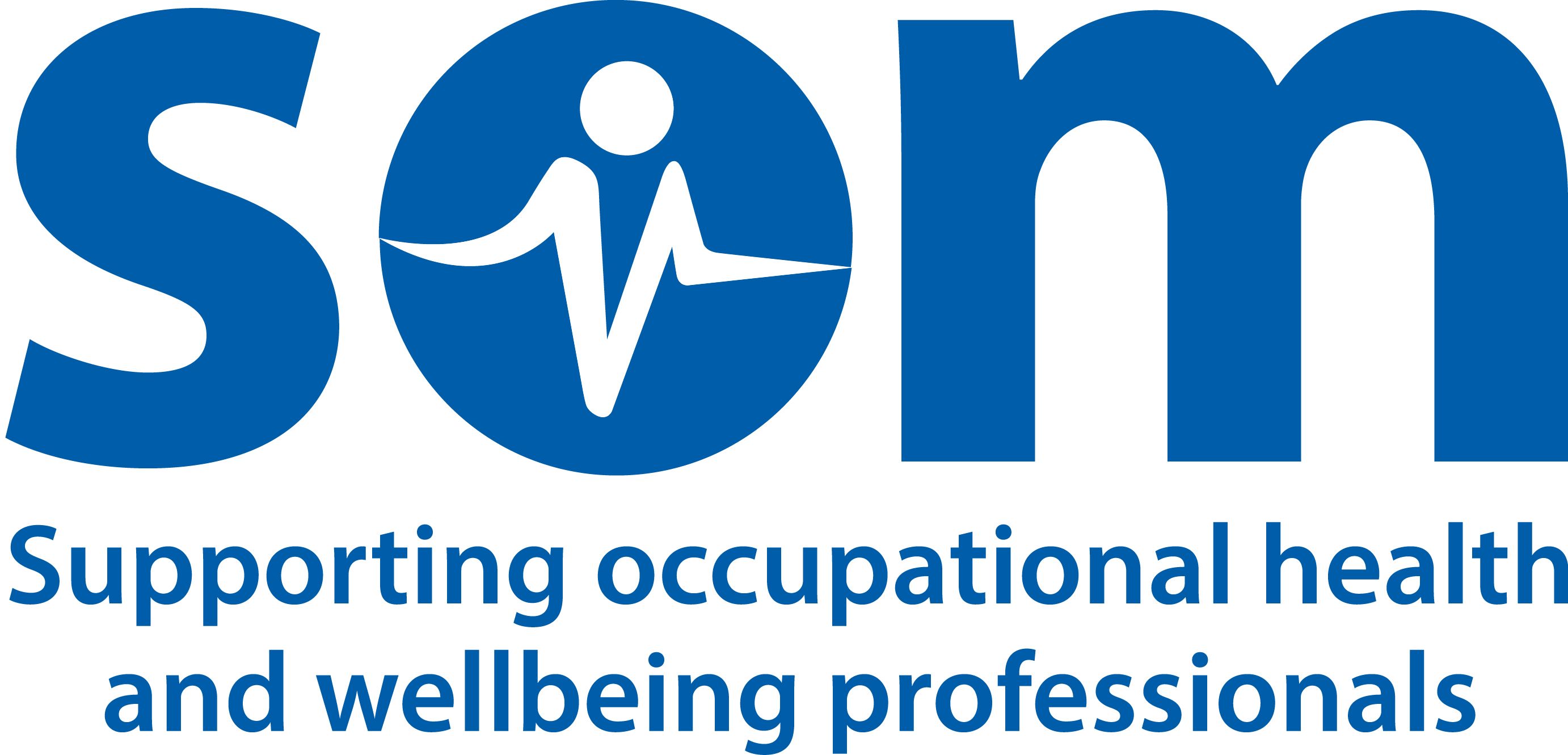
Ill-health in the UK is a key contributor for people dropping out of the workforce (especially the over 50s) - sickness absence is the main contributor to increased levels of economic activity, with a significant bearing on economic growth. Early and sustained occupational health (OH) is effective in reducing ill-health related job loss, supporting people stay and return to work, improving mental health, and musculoskeletal (MSK) issues. OH’s overall RoI[1][2] produces taxpayer savings, and improved productivity.
The OH market is growing and currently worth around £1bn. OH companies are seeing broader procurement requests from business, often due to NHS waits e.g. covering mental health, physiotherapy for MSK and private GP services. OH delivery has also shifted to remote consultations to improve productivity and its offer has broadened to include areas like the menopause and neurodiversity etc. Take a look at examples of good practice from the SOM awards 2022 here. The £1m DHSC/DWP Occupational Health/SME innovation grants, launched in January 2023, are welcome.
SOM wishes to achieve Universal Coverage in OH - less than half of UK employees have access, which is greater for larger employers. SOM is also calling for increased OH staff capacity e.g. using courses such as the two-week FOM diploma courses and new OH technician courses. SOM ran a successful £50k OH scholarship round for training doctors and nurses last year, for which repeat funding is being sought.
The OH evidence base needs to develop but it is worth noting that OH avoids the risk of un evidence based “wellbeing washing”[3]. SOM welcomes tools which calculate business RoI on workplace health - example here.
Good things are happening – new NIHR work and health development research grants are to be launched next month and we are calling for a Centre for Work and Health. We also welcome the expansion of OH for NHS staff through the new NHSE “Growing OH” programme launched last month that has helped create Mental Health Hubs and training for OH staff. Further investment is dependent on local NHS ICS spend to increase OH capacity though.
There are barriers:
- A lack of knowledge about OH by employers. Communication/marketing is needed, as SMEs often do not want to take financial “risk.”
- A need to invest in OH staffing by both the NHS and OH commercial companies.
- The Fit Note - a gateway to long term sickness absence. 95% of the time, it is used to sign people off work altogether. One third of people are signed off work for four weeks or longer, by which time 20% will never return to work. Once signed off work for six months, 80% will never return to work. This has not improved since changes to legislation in July 2022 allowed AHPs to sign the fit note off. Early intervention is key[4].
So, what is needed in the Budget?
The DHSC/DWP Work and Health Unit needs to go further/faster as part of the Government's Health is Everyone’s Business Consultation Response e.g. with Treasury they should pilot and launch a proposed OH subsidy for SMEs to use OH. The Minister needs to sign off a proposed OH multidisciplinary workforce plan and there needs to be training of wider professionals inside health (e.g. social prescribers) and out of health (e.g. work coaches) in carrying out health and work conversations. There should be:
- OH input in primary care, linked to work coaches, supporting better use of fit notes.
- OH capacity investment via the NHS workforce plan and OH for NHS staff (and social care staff) as part of the NHS England “growing OH programme.”[5]
- New pilot projects e.g. for OH as part of hospital discharge for people of working age.
Across Government, there should also be greater leadership as to the advantages of staying in work, that work is generally good for health, and what OH can offer.
[1] https://www.som.org.uk/sites/som.org.uk/files/Occupational_Health_The_Value_Proposition_March_2022_0.pdf

